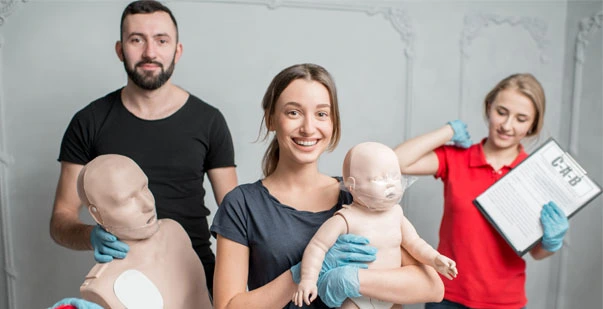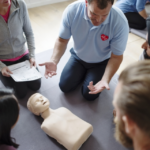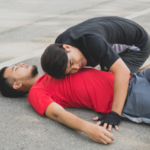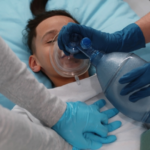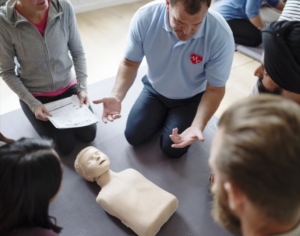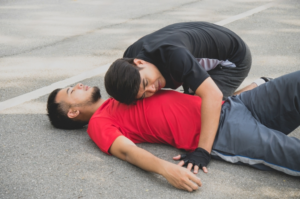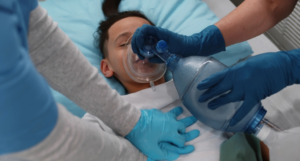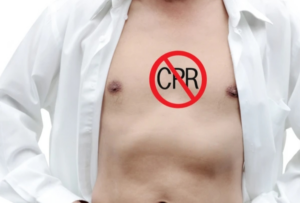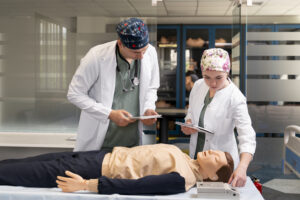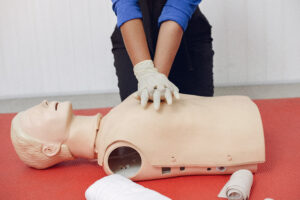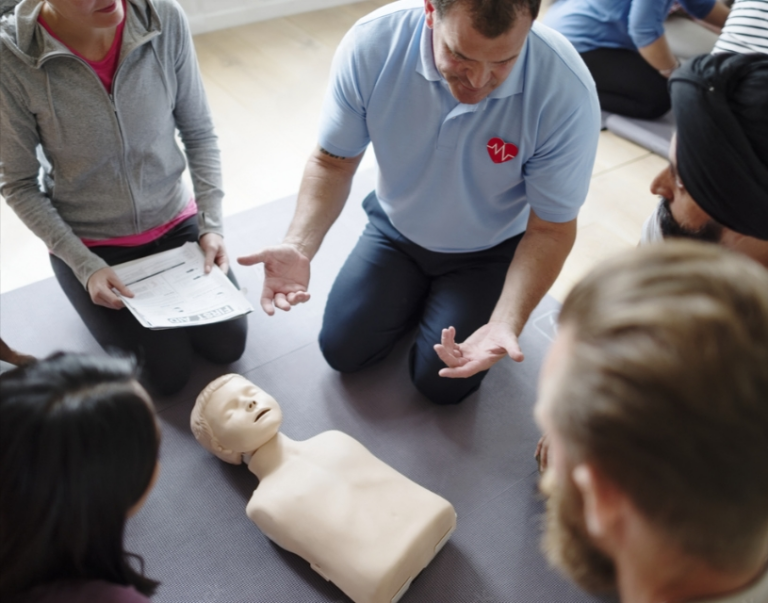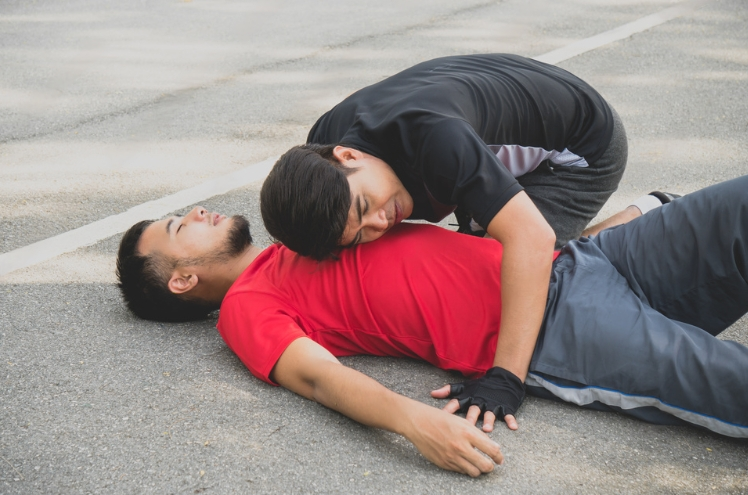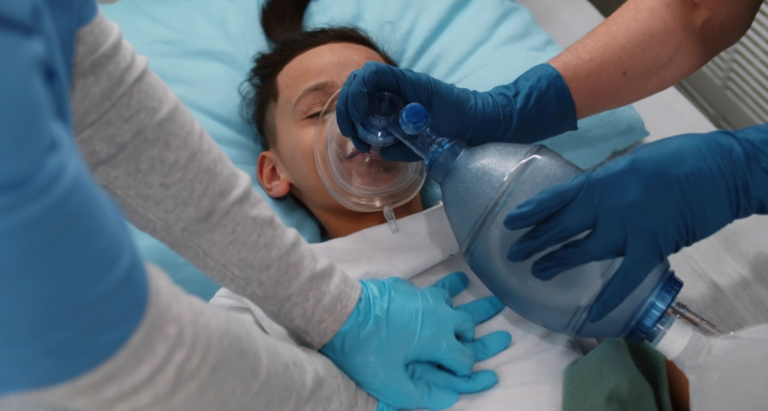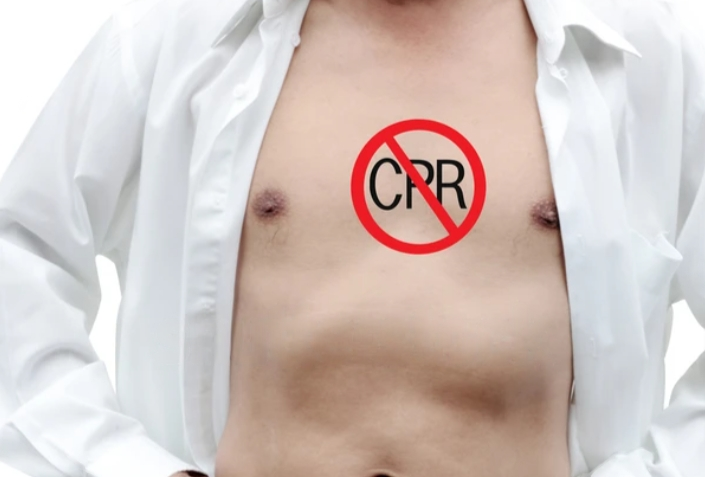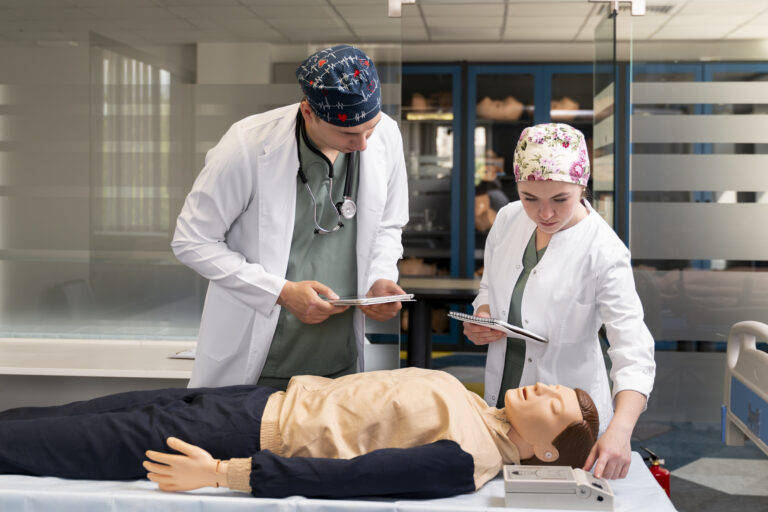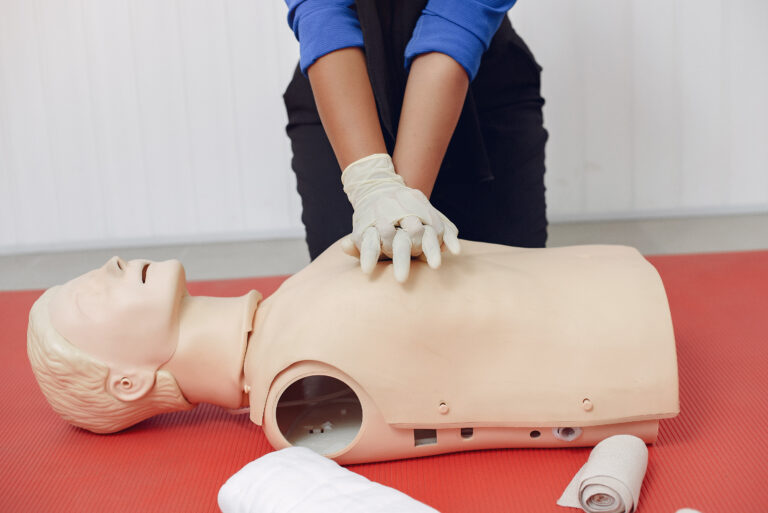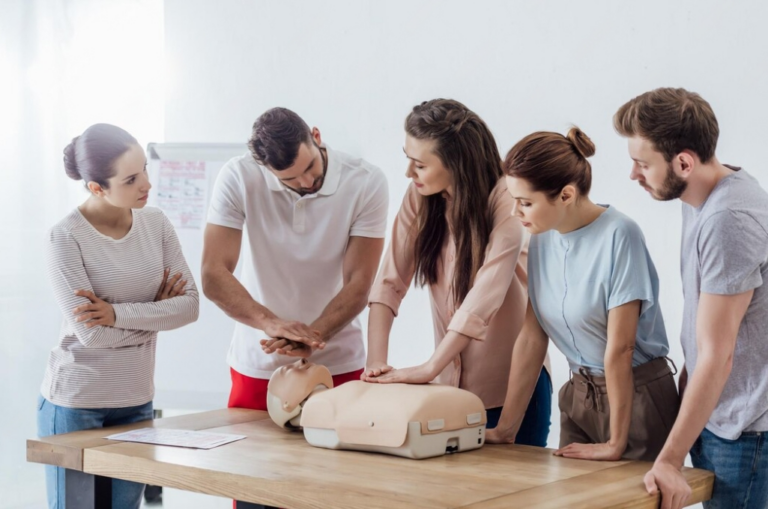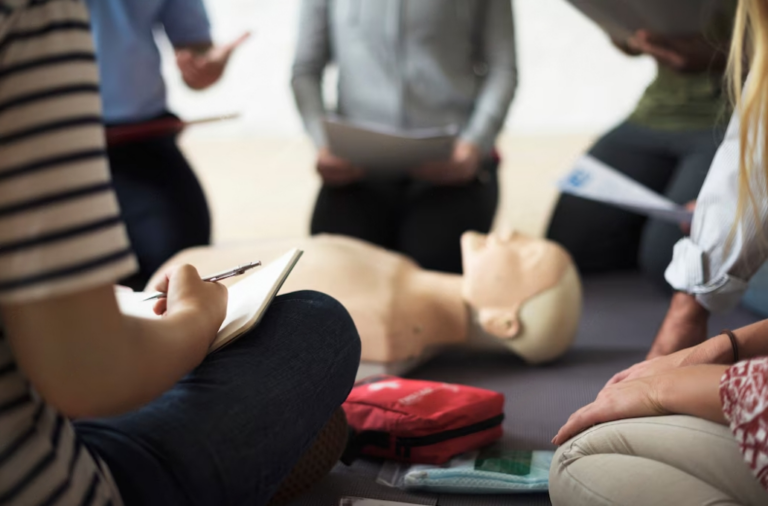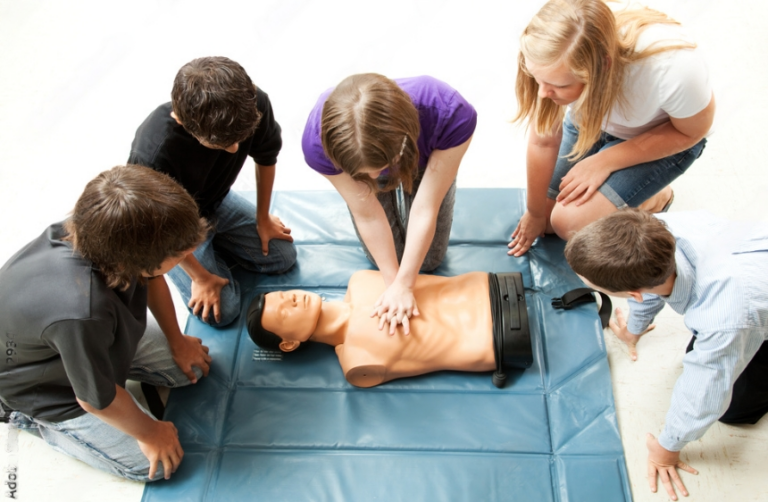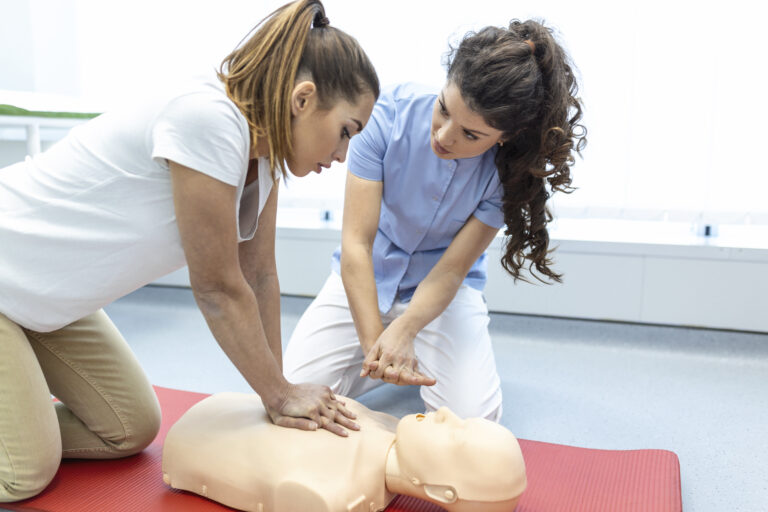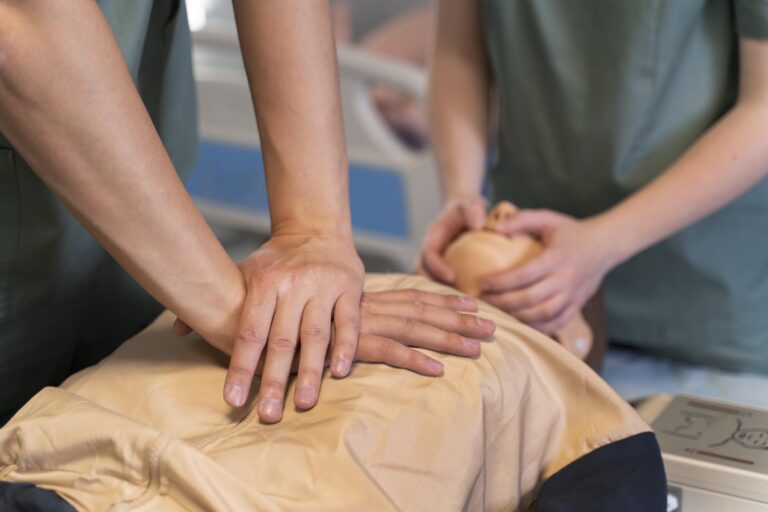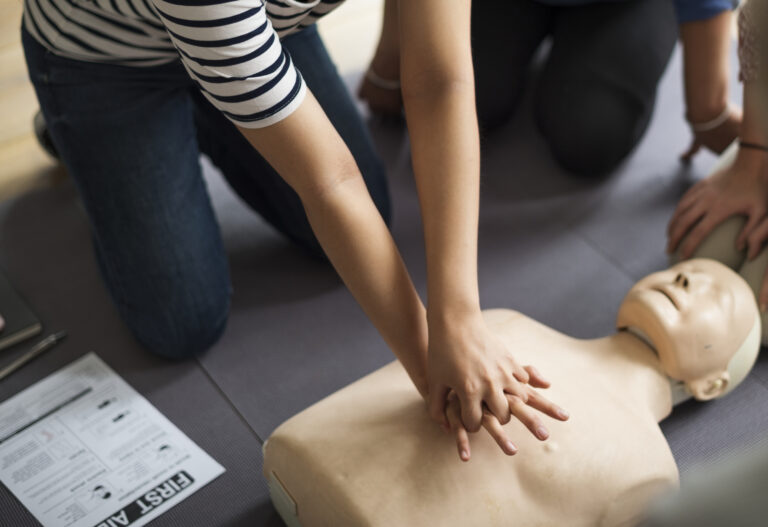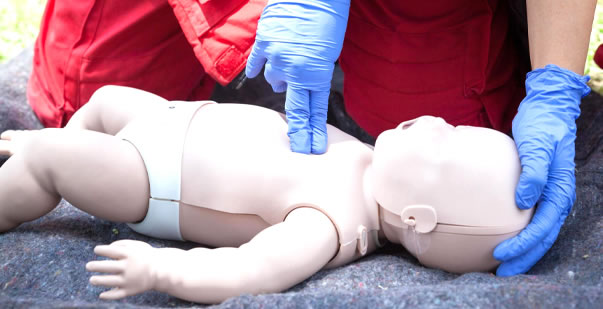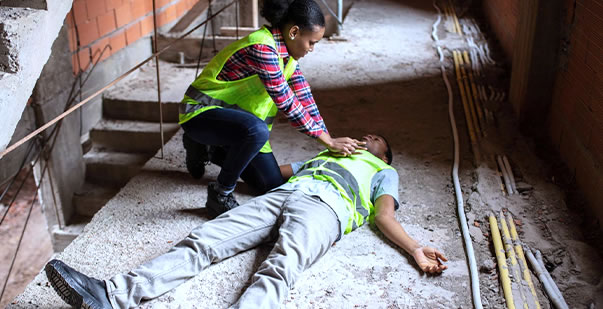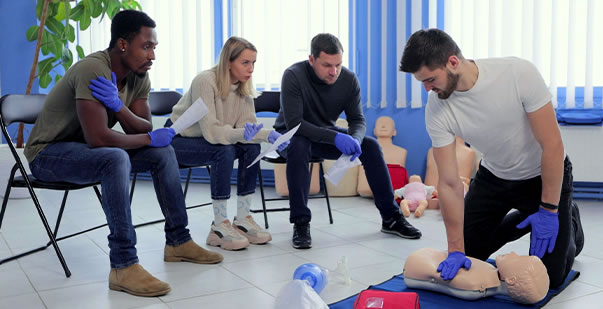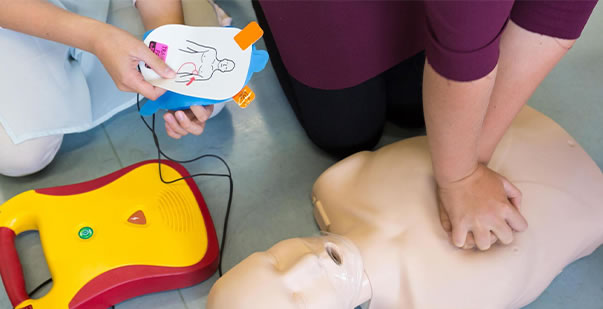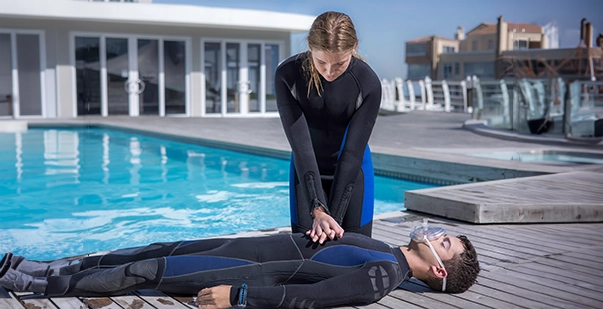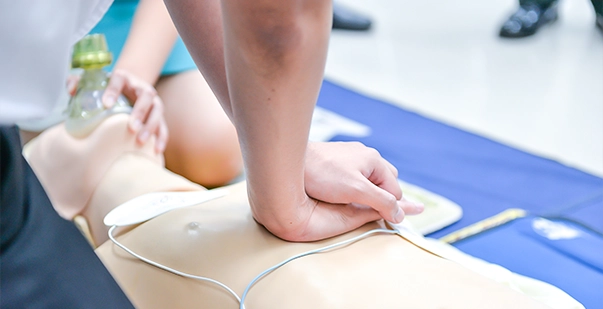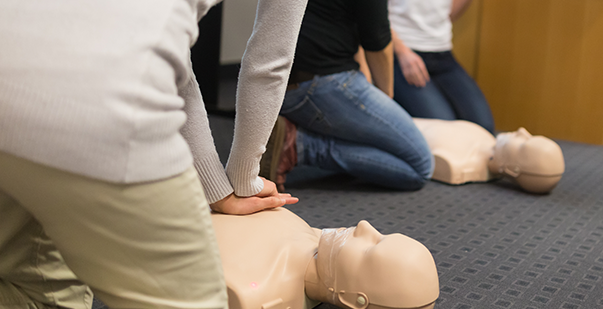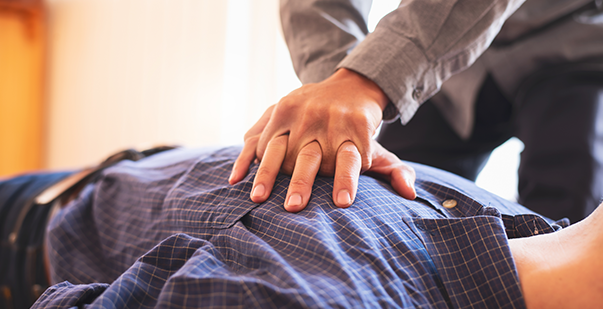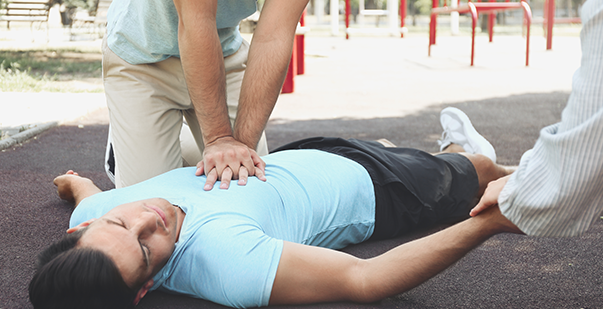Many people consider CPR to be a job requirement. However, you are more likely to use your CPR training to save a loved one, such as a family member. A recent newsletter from the Sudden Cardiac Arrest Foundation highlights key data on out-of-hospital cardiac arrests (OHCA) in the United States. According to ongoing Cardiac Arrest Registry to Enhance Survival (CARES) data from 2020, most cardiac arrest emergencies for both adults and children occur in the home or residence. Here are some statistics:
- Adults receive 73.9% of their OHCA at home, 15.1% in a public setting, and 10.9% in a nursing home.
- 87.5% of OHCA in children occurs at home, while 12.2% occurs in a public place.
This data emphasizes the importance of CPR training for the entire family. In most cases, medical personnel will not be available to begin chest compressions right away. The sooner CPR is initiated, the better the chances of survival. Training with a CPR course that includes instruction in CPR skills as well as AED training is the best way to ensure that everyone in your home is prepared to respond to an emergency.
The American HealthCare Academy offers the best CPR AED course that is designed and created for both layman and medical professionals. Their life-saving CPR course follows AHA guidelines. Their CPR course is 100% online and can be completed at your pace, anytime, anywhere. You can register on their website right away and start your training course. They also offer recertification courses.
Top 7 Reasons Why Learning CPR is Important
There is an urgent need to make CPR (Cardio-Pulmonary Resuscitation) training mandatory in schools, colleges, and even at the community level. For a simple reason, family members of those people who are at high risk of developing heart ailments can provide immediate medical assistance. In times of emergency when such high-risk family members’ breathing or heartbeats stop, performing CPR can save their life. We give you 7 reasons why learning CPR is important for your family:
- It saves lives: CPR can help save the life of someone who has stopped breathing or whose heart has stopped beating.
- Time is critical: Every minute without CPR and defibrillation decreases the chances of survival by 10%.
- Anyone can learn CPR: CPR training is accessible to everyone and can be learned in a short amount of time.
- No special equipment needed: CPR can be performed with just your hands, making it possible to help someone anywhere and at any time.
- Learning CPR increases confidence: Knowing CPR gives individuals the confidence to act in an emergency, potentially making the difference between life and death.
- It’s cost-effective: CPR is a low-cost intervention that can potentially save lives. Compared to the cost of medical treatment, CPR doesn’t involve additional costs and can save lives.
- CPR can be used in a variety of situations: CPR is not just for cardiac arrests. It can also help with choking and other medical emergencies.
CPR, AED, and First Aid Training for All Ages
CPR (Cardiopulmonary resuscitation), AED (Automated External Defibrillator), and First Aid training are essential skills that everyone should know, regardless of age. Here are some reasons why everyone should learn these life-saving skills:
- CPR can save a life: CPR is a lifesaving technique that can be used to revive a person who has suffered a cardiac arrest. Knowing CPR can give someone the confidence to act and potentially save a life.
- AEDs are becoming more prevalent: AEDs are now commonly found in public places such as airports, schools, and shopping centers. Knowing how to use an AED can make a critical difference in saving a life.
- First Aid is essential: Knowing basic first aid can help someone deal with emergencies such as cuts, burns, and fractures. Being equipped with this knowledge can also give peace of mind in everyday situations.
- Preparing for emergencies: CPR, AED, and First Aid training equip individuals with the skills to respond to emergencies and potentially save lives. This preparation can help reduce panic and increase confidence in emergencies.
- Youth should be trained: Young people should also be trained in CPR, AED, and First Aid as they may be the first to respond to an emergency.
Get certified today!
Do you believe your child is too young to learn life-saving skills? Know an elderly person who may have difficulty getting up and down repeatedly during class? In 2023, everyone from young children to the elderly can benefit from taking a CPR, AED, and First Aid course. The American HealthCare Academy programs are designed to prioritize students’ learning needs. As a result, CPR, AED, and First Aid training can be tailored to meet the needs of students of all ages and abilities. Contact the American HealthCare Academy today to learn about available classes for CPR and AED training for the entire family.
Conclusion
In conclusion, CPR, AED, and First Aid training are essential life-saving skills that everyone should know, regardless of age. They provide individuals with the confidence and knowledge to respond to emergencies and potentially save lives.

